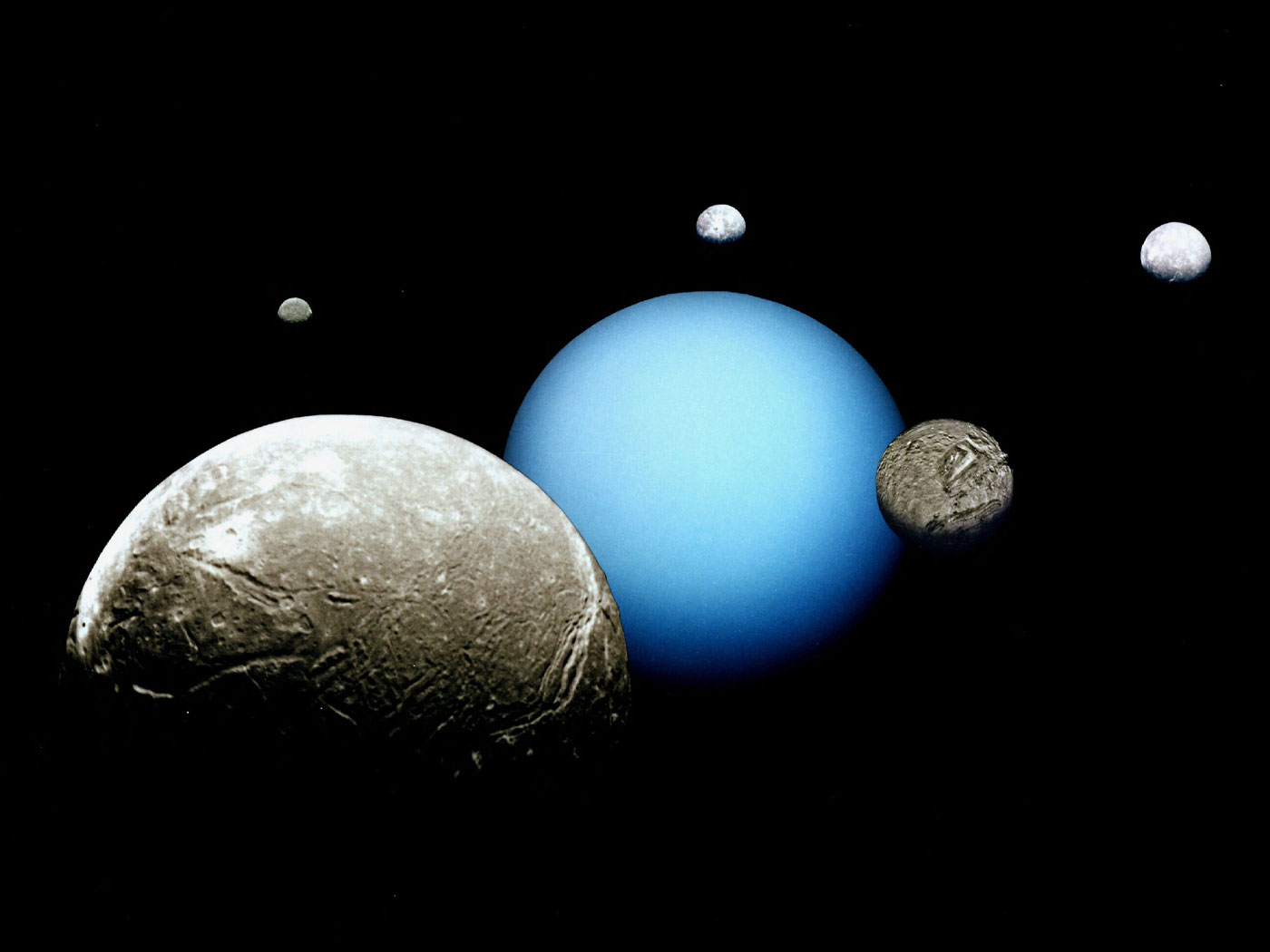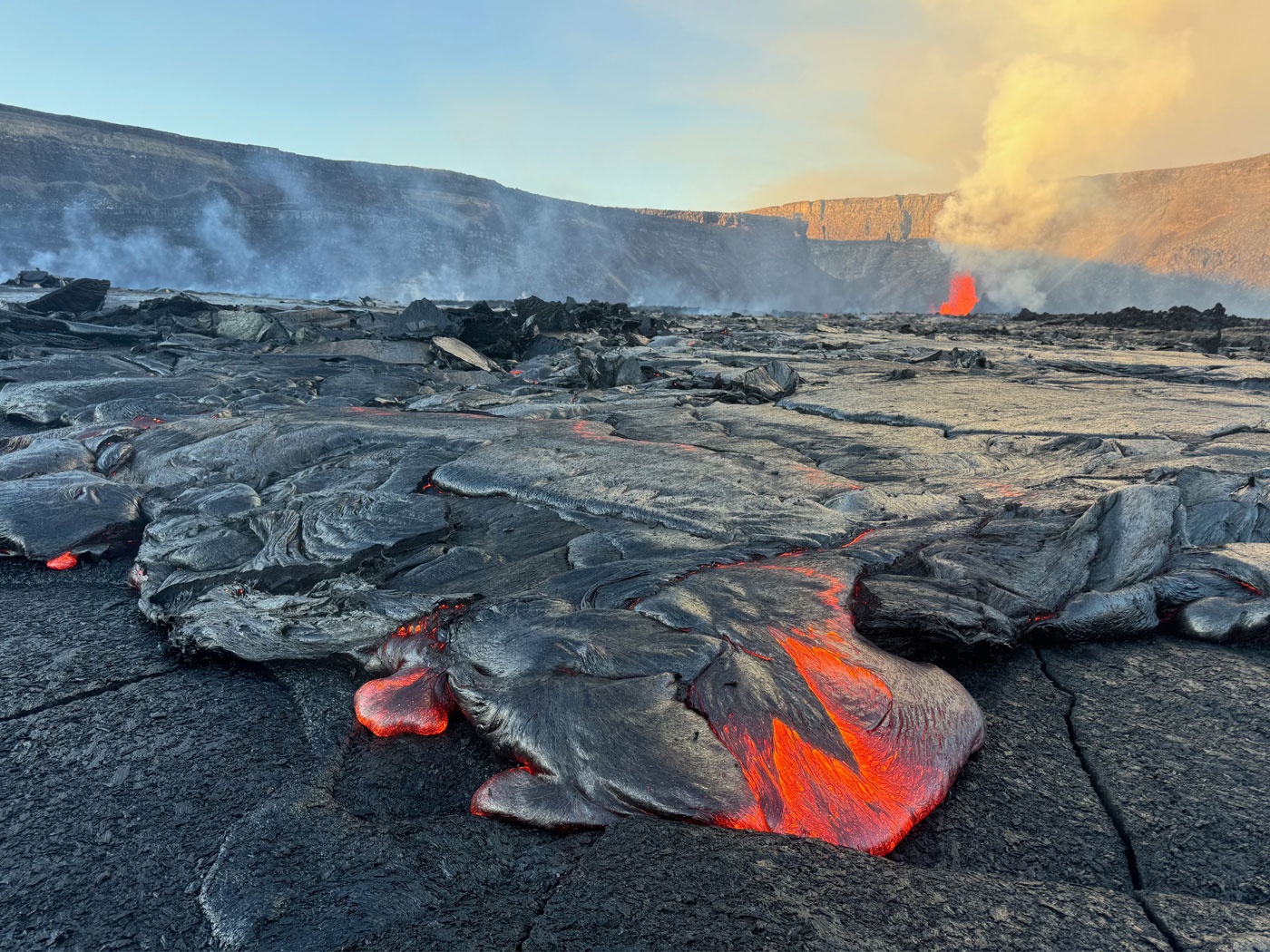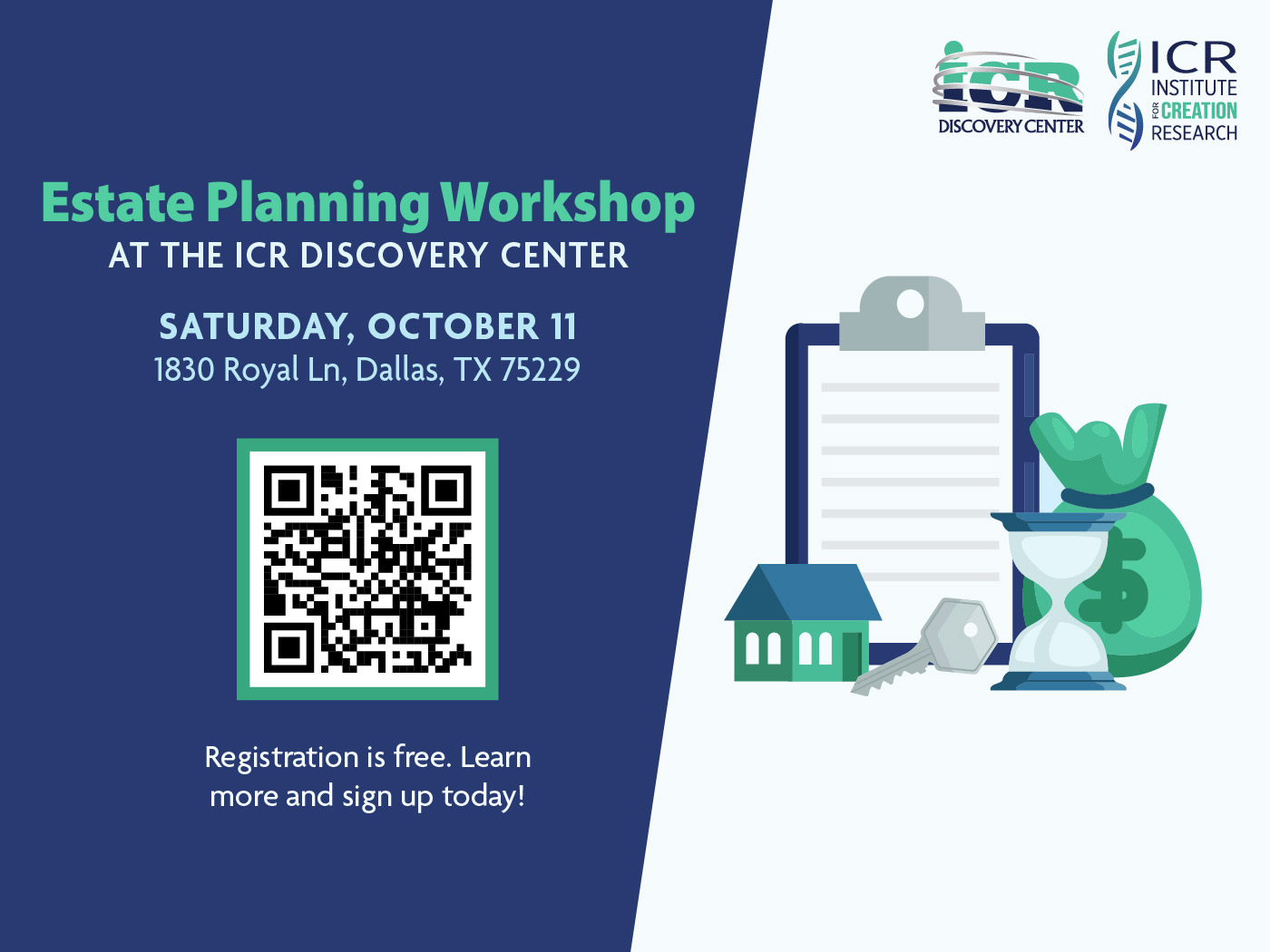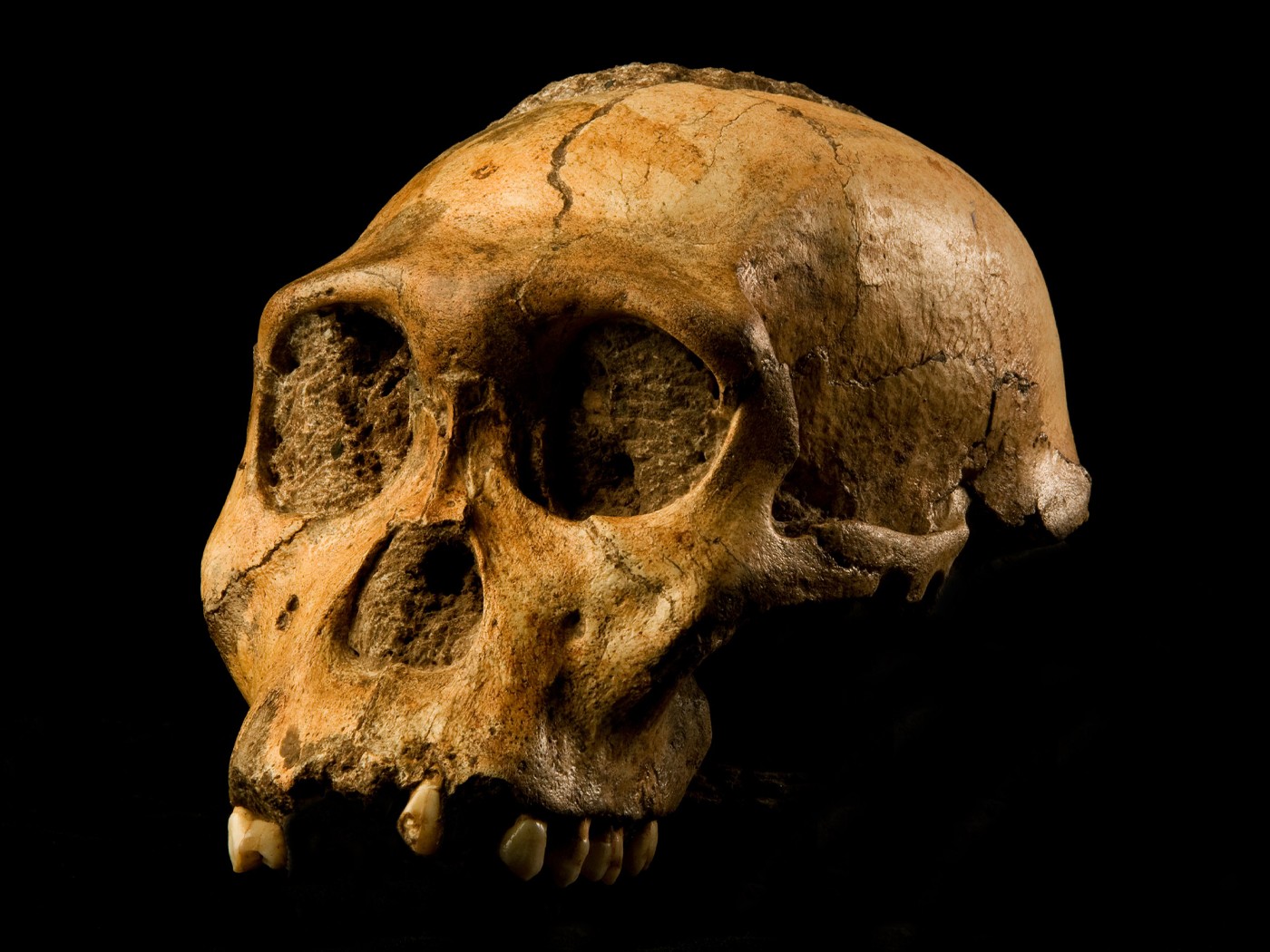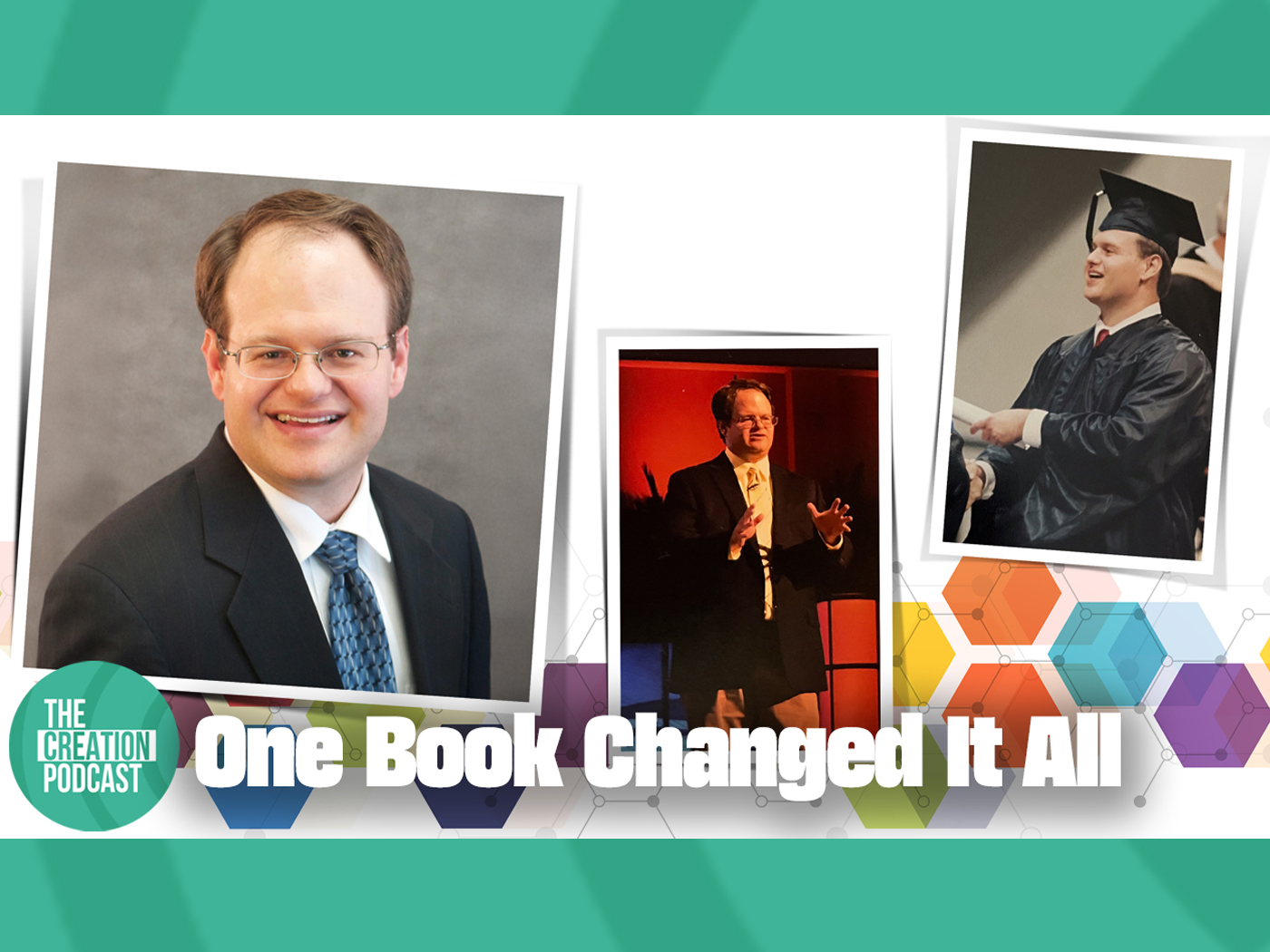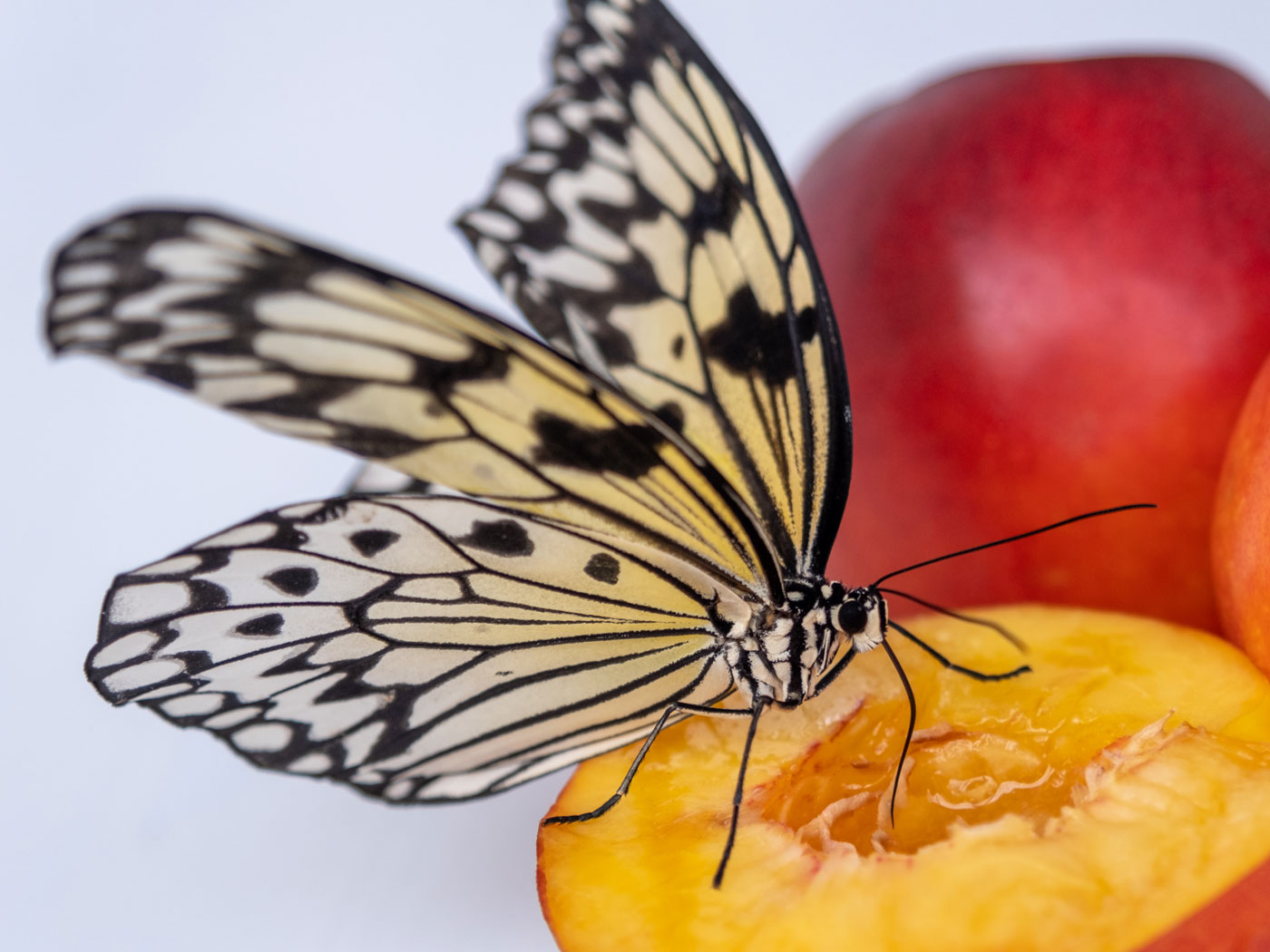I learned early on that my grandfather Dr. Henry M. Morris was a great man. Not just a good man, mind you, but a truly great and remarkable man, specially gifted by God to perform a vital work for the Kingdom.
As a child, I was unaware of the many books he had written, the multitudes who had heard him speak, or even of the early formation of ICR. I simply knew that everywhere my grandfather went people would enthusiastically share testimonies about the impact he had made on their lives. Such outpourings of gratitude were genuinely uncomfortable for him. But with a gracious humility that characterized his life, he deflected all glory and praise to God.
The same was true on the subject of giving. As I grew into a young man, he told me on several occasions that he never liked to ask for financial support, believing that God would supply our needs through His people. He rarely wrote on the subject (believe me, I’ve looked) but when he did, his focus was nearly always on sowing with ICR, not simply contributing to our work.
ICR recently republished a rare Days of Praise devotional on giving, first written by my grandfather in 1996. His analysis of biblical sowing perfectly expresses the correct desire all believers should have if we truly wish to honor God and His Word. There is simply no better way I could say it, so I’ll let our founder speak for ICR.
Not Giving, but Sowing
Henry M. Morris, Ph.D.
“But this I say, He which soweth sparingly shall reap also sparingly; and he which soweth bountifully, shall reap also bountifully.” (2 Corinthians 9:6)
As John Calvin pointed out long ago in expounding this key passage, “we are not giving, but sowing” when we contribute of our financial means to the work of the Lord, for it miraculously is considered by the Lord of the harvest as seed sown in the soil of the hearts of men.
And it is a rule of the harvest that, other things being equal, the more seed planted, the more harvested. He who is deficient with his seed must necessarily anticipate a meager crop.
Of course, a bountiful harvest presupposes not only an abundance of seed but also good soil, properly prepared, watered, and cultivated. It is no good simply to give money to anyone or any cause any more than it is good simply to throw seed on a rocky slope or city street or weed-infested yard. One is responsible to give where God’s Word is honored—not just to give, but to give responsibly.
Furthermore, even though an abundant harvest is promised, the motive in giving is also vital. The harvest is souls—not gold! “God loveth a cheerful giver”—not a conditional giver (v. 7). “He that giveth, let him do it with simplicity” (Romans 12:8). Often God does bring financial blessing to a Christian who has proved faithful in the grace of giving, but this is so he can give still more and thus lay up still more treasure in heaven. “For unto whomsoever much is given, of him shall be much required” (Luke 12:48). “Therefore,” as Paul said, “. . . see that ye abound in this grace also” (2 Corinthians 8:7).
And as we give, we must never forget that Christ has given more: “For ye know the grace of our Lord Jesus Christ, that, though he was rich, yet for your sakes he became poor” (2 Corinthians 8:9).1
Eight years ago this month the Lord called my grandfather home to heaven. Since that time, God has faithfully supplied for ICR through His people—just as my grandfather believed. As long as ICR continues to honor God and His Word, we trust that you, our supporters, will keep sowing with us through your prayers and gifts to accomplish the work He wants us to do until Christ returns.
Reference
- Morris, H. M. Not Giving, but Sowing. Days of Praise, December 4, 2013.
* Mr. Morris is Director of Donor Relations at the Institute for Creation Research.





